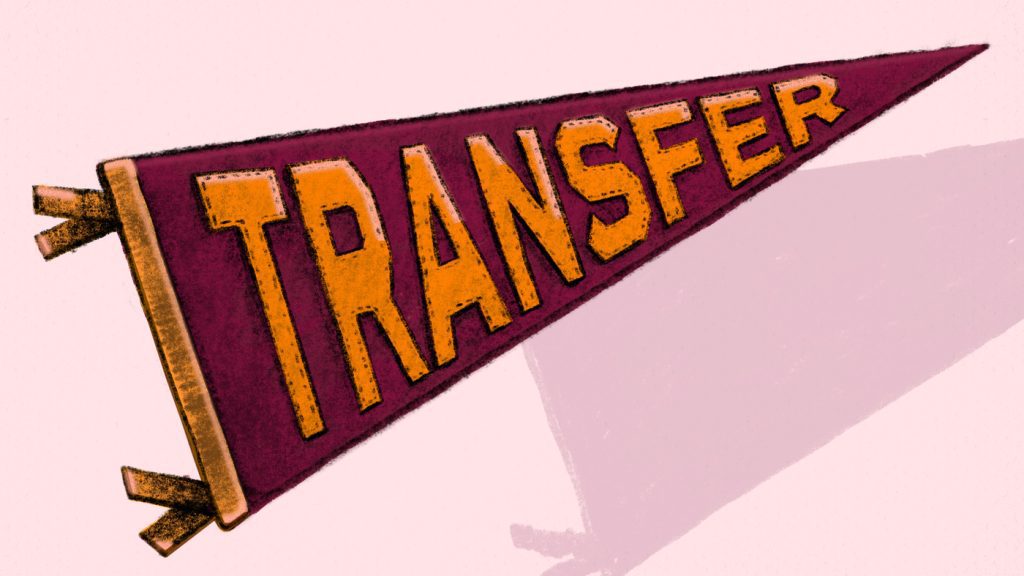
Navigating the world of college transcripts can sometimes feel like deciphering an ancient script. Yet, understanding this crucial piece of your academic puzzle is essential, especially if you’re eyeing an online degree in business. Transcripts are more than just paper trails of your academic history; they are the keys that can unlock new academic and career opportunities.
The Gateway to Your Academic Journey
A transcript is essentially your academic resume. It provides a comprehensive look at your coursework, grades, and the credits you’ve earned. For those considering a transition into or from an online business program, transcripts play a pivotal role. They ensure that the hard work you’ve invested in previous courses transfers over seamlessly, safeguarding your progress and potentially shortening the duration of your study by acknowledging your prior learning.
However, despite their importance, many students find the process of obtaining and transferring transcripts bewildering. Whether it’s due to unclear academic policies or logistical hurdles, the journey to getting your transcript can be fraught with challenges. Let’s demystify this process and ensure you can leverage your academic achievements to their fullest potential.
Obtaining Your Transcript: More Than a Formality
First things first: How do you get your hands on your transcript? Typically, you’ll request it directly from your institution’s registrar’s office. This can usually be done online, but here’s the kicker—there might be fees involved, and not all schools handle these requests at the same speed.
For those in online business programs, the flexibility of your study format does not always translate to the administrative processes. Delays in receiving transcripts can stall your applications or transfer processes, so it’s crucial to plan ahead and understand the timelines you’re working with.
Making Sure Your Credits Transfer

One of the biggest concerns for students, particularly those transferring between institutions or into online programs, is whether their hard-earned credits will follow them. The secret here? Knowing the articulation agreements between institutions. These agreements are formal contracts outlining which credits are transferable and under what conditions.
Don’t just assume your credits will transfer automatically. Check the specific agreements your potential new school has with your current one. If you’re moving into an online business degree, this is doubly important, as these programs often have specific prerequisites that need to be met.
What If Things Don’t Go as Planned?
It’s not uncommon for students to face issues where some credits don’t transfer over as expected. If this happens, don’t panic. You have options, such as appealing the decision. This involves presenting evidence that the courses you completed are equivalent to the ones offered at your new school. Keep detailed syllabi and course descriptions handy as they can be your best advocates in these discussions.
Using Transcripts Strategically
Think of your transcript as a strategic tool. When applying for internships or jobs, particularly in competitive fields like business, your transcript can serve as proof of your academic rigor and subject matter expertise. Highlighting courses relevant to your career aspirations can set you apart in the selection process.
Conclusion: Unlocking Doors with Knowledge

Understanding the ins and outs of managing your college transcripts can significantly smooth your academic and professional journey, particularly in dynamic fields like business. Whether you are stepping into an online degree program or transferring between traditional institutions, your transcripts are your best advocates for your academic dedication and achievements. Manage them wisely, and they will open doors to countless opportunities.




